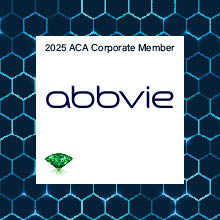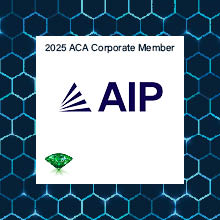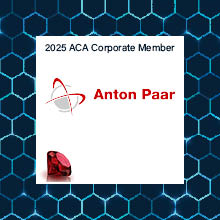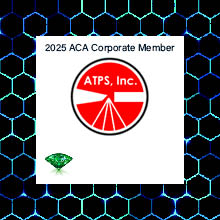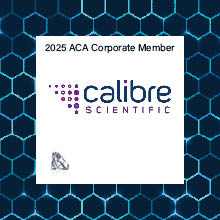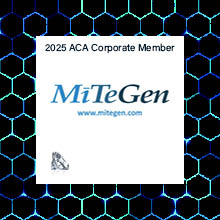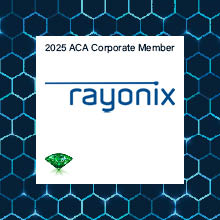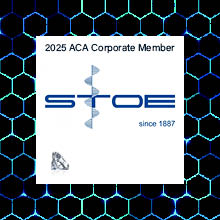- Home
- About ACA
- Publications & Resources
- Programs
- Annual Meeting
- Membership
- ACA History Center
- Media Archive
Kenneth N. Trueblood Award: Airlie McCoy (2022)
Airlie’s background is unusual; she pursued multiple majors for her B.Sc. degree: Applied Mathematics, Mathematical Physics, Physics and Biochemistry (with first class honors) and studied protein structure for her PhD. Ultimately, she moved to the Cambridge Institute for Medical Research (CIMR), joining the Randy Read group, where she has worked ever since. It is here where Airlie’s talents really came to the fore. Her strong mathematical background and excellent crystallographic intuition, as well as her insight into the needs of macromolecular crystallography for new methods, spurred her to develop the most impactful concept introduced into PHASER: the maximum likelihood methods and true multivariate statistics to broaden the range of convergence of the search methods of molecular replacement. Her sophisticated algorithm to limits the number of solutions that need to be considered. She has the rare capacity to make theory work in practice The design and coding of the automation of these methods is Airlie’s particular achievement: the success of the automation strategy, even for difficult cases, and its ease of use has resulted in PHASER essentially becoming the default software for structure solution by MR in macromolecular crystallography. Roughly half of the structures in the protein databank since 2010 have been solved using PHASER. Therefore, not only has Airlie contributed to the canon of software for macromolecular crystallography but has also contributed significantly to the advancement of macromolecular crystallography itself. Her abilities do not only include implementing state-of-the-art concepts into PHASER code but also her superb ability to explain these in a clear and accessible manner using comprehensive and beautifully presented teaching materials and legendary patience. She is a role model for a whole generation of methods and software developers in the field, not just by her teaching but also by her mentoring of more junior researchers in the field. The award of two distinctions have already honored Airlie’s contributions. In 2013, she was invited to be one of the special Bragg Lecturers at a celebration of the Braggs and in 2016 she was presented with a Suffrage Science award recognizing “scientific achievements and ability to inspire others.” Airlie embodies a truly exceptional level of achievement in computational crystallography. She is a truly inspirational leader in the style of so many great crystallographers before her: she shares her knowledge and experience generously, she is a great mentor, and she is a trusted, respected and admired collaborator. |
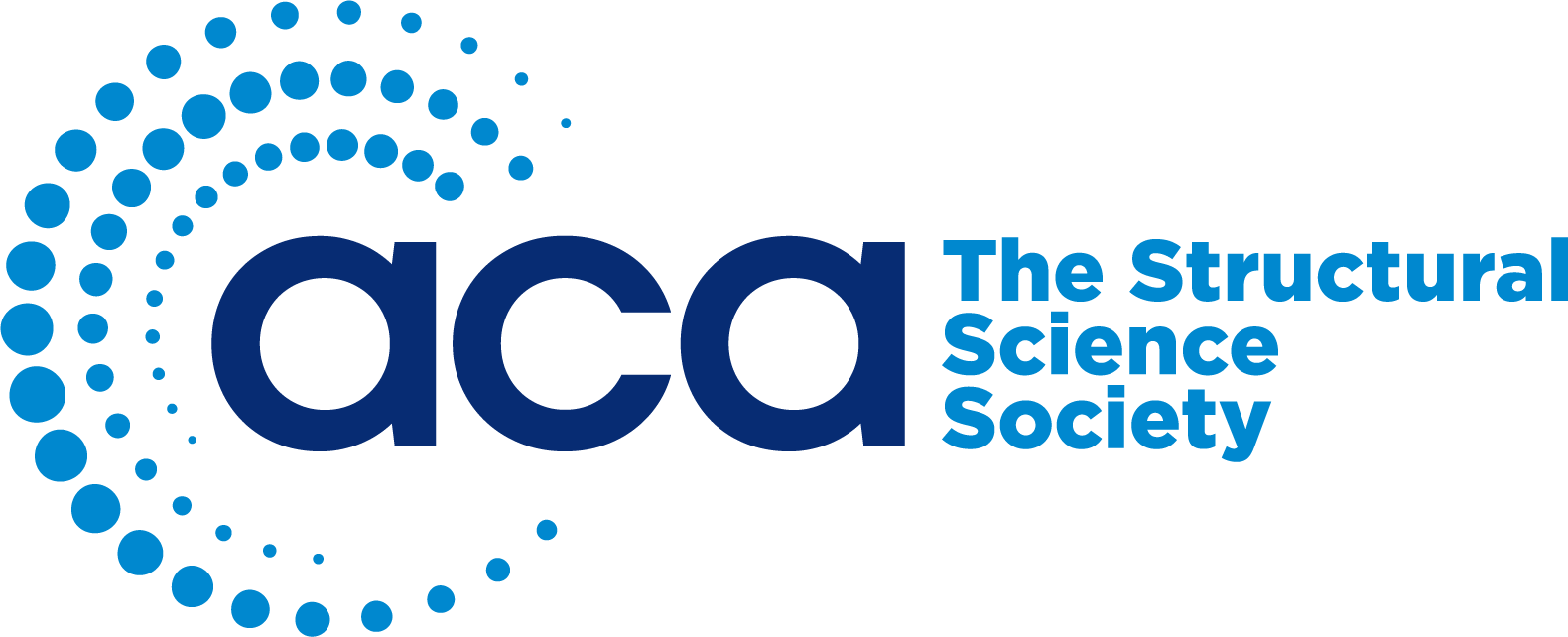
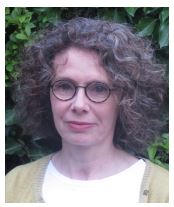 The Kenneth N. Trueblood award is presented “To recognize exceptional achievement in computational or chemical crystallography.” This award is given in recognition of Airlie’s key contributions to the tools that could not be imagined not so long ago and which now are routinely used to solve crystal structures of very complex and difficult structures. Airlie has been, for over 20 years, one of the key architects of the most important software package for solving the phase problem in macromolecular crystallography, PHASER.
The Kenneth N. Trueblood award is presented “To recognize exceptional achievement in computational or chemical crystallography.” This award is given in recognition of Airlie’s key contributions to the tools that could not be imagined not so long ago and which now are routinely used to solve crystal structures of very complex and difficult structures. Airlie has been, for over 20 years, one of the key architects of the most important software package for solving the phase problem in macromolecular crystallography, PHASER.